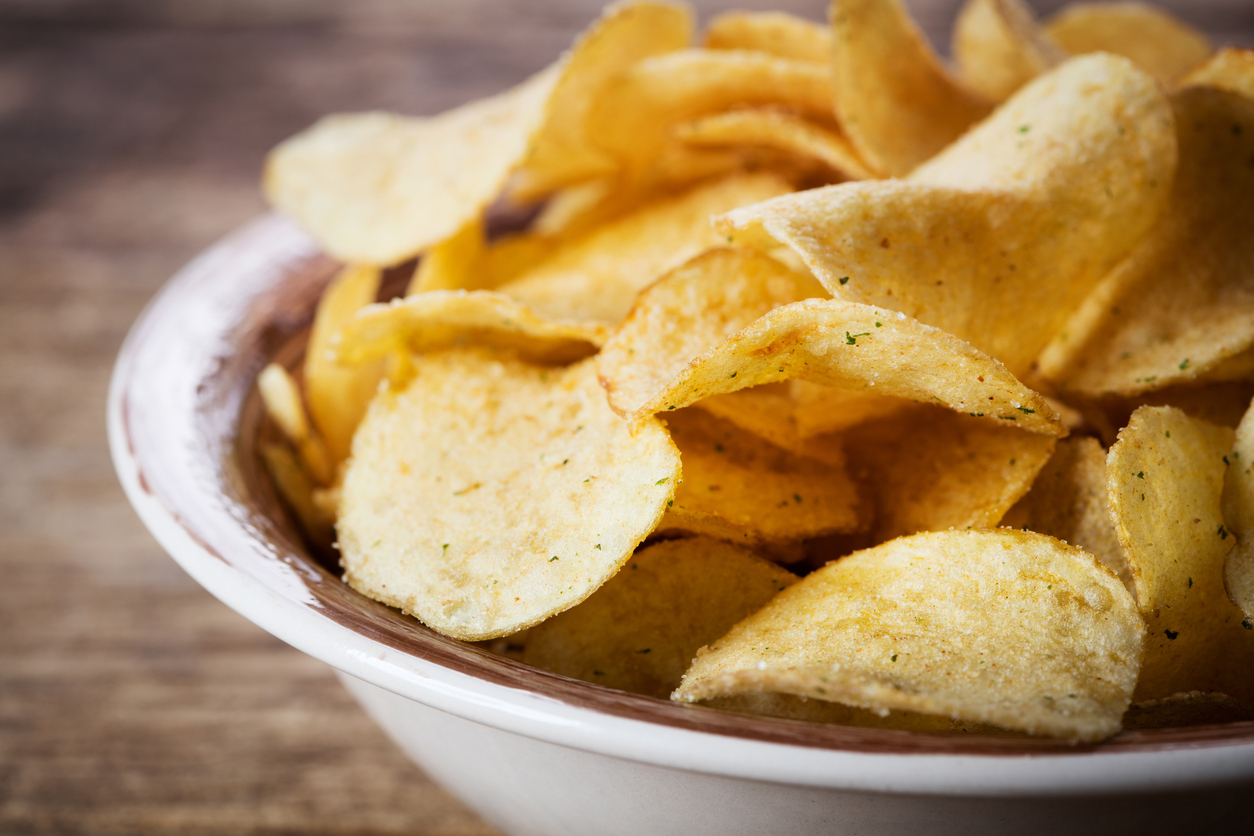Kids Snack on Over 1.4 Billion Packets of Crisp a Year
When it comes to our kids’ snacking habits, it seems like we aren’t doing enough to curb their crisp cravings.
According to a new survey, kids in the UK snack on over 1.4 BILLION packets of crisp each year, on average, equating to a massive 657 tonnes of salt.
When parents were asked about how often they give their child the salty snack, a whopping 92% admitted to feeding the habit at least once a week. In comparison, just over a quarter regularly feed their children nuts – a healthier alternative to crisps and other unhealthy snacks.
Just one in 10 parents were educated about the health benefits of nuts. Plus, almost a third assumed that nuts contained too much salt for their children to eat – despite a typical 20g bag of plain almonds containing as much as 64% less salt than a portion of ready salted crisps at the same weight!
Dr Dawn Harper, a doctor and TV presenter, has launched a new campaign to encourage more parents to see the benefits of a nut-inclusive diet.
Offering a high-vitamin snack that’s also packed with minerals, proteins, fibres and healthy fats, nuts such as almonds, cashews and hazelnuts offer many health benefits. The most notable include aiding with energy release and helping to build a strong, healthy immune system.
Commenting on her new campaign, Dr Dawn Harper said: “Despite the fact almost a quarter of parents say they give their children a snack as a way of getting extra nutrients into their diet, they also reveal that they prefer to give their child sugary and salty snacks like crisps and cereal bars than nuts as a snack. We want to change that.
“Nuts are a great, tasty way of getting good fats, and key vitamins and minerals into the diet which can help children’s growth, development and cognitive function.”
That being said, the survey data revealed that allergies are a major cause for concern amongst parents, with a fifth (19%) citing this as the reason that they don’t feed their children the item.
However, even though nut allergies can be extremely serious and pose a huge risk to a child’s health, allergies only affect 2% of children – with the majority being intolerant to peanuts, specifically.
A spokesperson for the BDA said: “Obesity and salt intake are really important issues we are facing as a society, so it’s alarming to see that many healthy foods such as nuts aren’t getting the air time they need to ensure parents are aware of the benefits they can have for their children.
“While it’s absolutely important to ensure nuts are unsalted and are small, or halved to avoid choking, primary aged children would benefit massively from adding more unsalted nuts, and less crisps, sweets and chocolate to their diets.”

